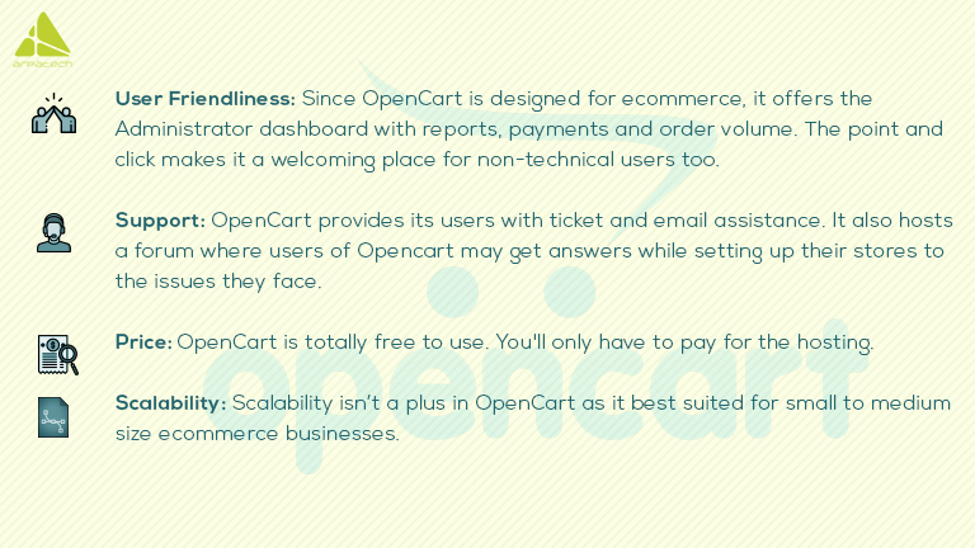Drop shipping is a process of order fulfillment where retailers do not house inventory explicitly but instead use wholesalers or manufacturers to distribute straight to the customers. This often comes with a range of benefits, including:
The main difference between dropshipping and conventional shipping is that the retailer excludes the use of additional space which can save money that is generally used to rent a warehouse. In return, they purchase products from a wholesaler or manufacturer on a ‘need’ basis. Moreover, they keep a track of the shipping process.
Let us dive deep into the details to look for the best ecommerce platform for any startup company who wishes to start with dropshipping business.
WooCommerce is the world’s most widely used ecommerce platform. It has a market penetration of more than 28 percent in overall ecommerce stores and this is undoubtedly due to the free and simple install plugin. With a single click, WooCommerce users can install it, making it an ideal choice for non-technical users too.

The second name in the list of best ecommerce platforms is Shopify. Until now, Shopify has helped almost 600,000 e-commerce stores worldwide, including dropshipping companies Oberlo, a dropshipping plugin that works exclusively on Shopify, can especially help you find products to sell from Oberlo Verified suppliers, Oberlo suppliers, or AliExpress suppliers.

Suffice to say, up till now Magento is among the most successful ecommerce platforms to dropshipping. The user may choose between two versions (Magento 1 and Magento 2 – strongly recommended) and two editions (Magento Open Source – Free and Magento Commerce – Premium).

OpenCart is another free ecommerce platform you should consider for dropshipping. Magento and OpenCart share a lot of characteristics – free open source, efficient and more suited for tech savvies than the beginners. Nevertheless, as Magento’s community is wider and far more robust than OpenCart’s, and Magento has more themes and plugins, OpenCart is less famous.

BigCommerce is a platform that hosts ecommerce. It also has a fair share of the market for ecommerce services, and claims to host more than 50,000 small business websites and 2,000 + enterprise firms. It is recognized for its simple user interface and quick setup process for ecommerce. Compared to Shopify, BigCommerce is more economical as a hosting ecommerce platform because it does not charge any transaction fees, and offers unlimited staff accounts, besides other prominent features.
